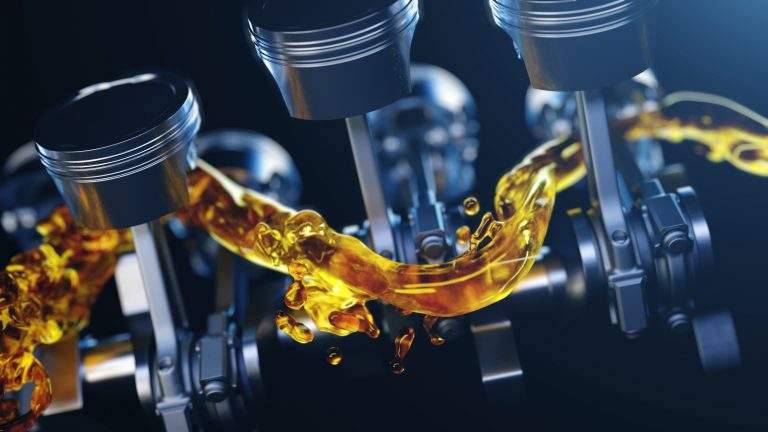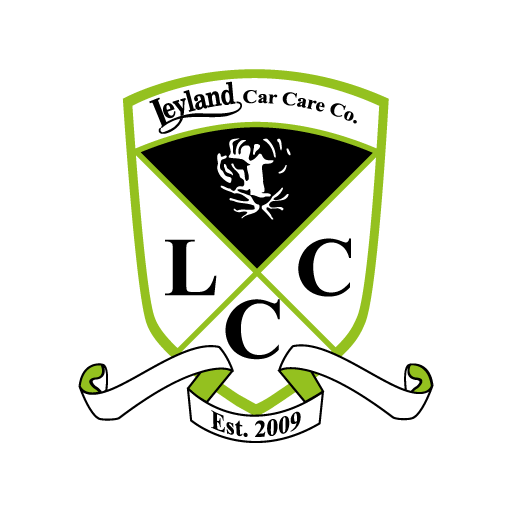
Working on a classic car is an endlessly rewarding hobby, whether you have significant experience with older engines or are picking things up as you go. If you are restoring a vintage vehicle to make it road-worthy, intending to display it in competition or just working on it for your personal satisfaction, there is a lot you will need to learn about the inner workings of the engine. Even if you are experienced with contemporary cars, older vehicles have very different needs and there are limited resources available to help you to learn what you need.
This is especially the case when it comes to choosing the right engine fluids. You may be aware of this when it comes to fuel – from this year, petrol in the UK will switch from E5 (which contains about 5% ethanol) to E10 (with an ethanol content of 10%) and it has been well publicised that this fuel may be unsuitable for many models of classic cars. E10 fuel is able to corrode flexible fuel lines, seals and gaskets, which can lead to dangerous fuel leaks, fires and other risks.
However, you may be unaware that the same applies to motor oil. Like petrol, the formulation of oil has changed significantly over time, both in response to climate change concerns and to keep up with the latest trends in engineering. Older vehicles may have larger oil galleries, lower revving and low-pressure, gear-driven oil pumps, meaning that you will need an oil with very different properties from contemporary products.
Fusing modern and classic engineering
Thankfully, many manufacturers now carry ranges of products that are precision-engineered for vintage and classic engines, enabling you to find a suitable automotive fluid for your needs long after the product listed in your Haynes’ Manual has been discontinued. This removes the risks of using products designed for modern engines, but it can also be difficult to know exactly what oil you need without support, so it is worthwhile to speak to an expert if you are buying for the first time.
While these products meet the technical requirements of older engines, they also contain additives designed to improve the performance of classic and vintage vehicles, and help them to operate effectively under road or competition conditions. Older engines typically need more viscous engine oil than newer engines, and so these ‘classic’ products are formulated to deliver this. For example, additives may be formulated to enable oil to work at low temperatures without the build up of viscous ‘sludge’, or to reduce wear throughout the engine. In this way, products like those in Castrol’s Classic range deliver the advantages of modern engine fluids while being designed to fulfil the requirements of older vehicles, for fluids like gear oil, engine oil and transmission oil. This also includes a lead replacement for petrol engines, which enables the use of modern petroleum fuel in these older vehicles.
Ultimately, the advantages of choosing an appropriate product are clear: reduced wear on the engine (especially on parts that can be difficult to replace), more efficient operation and reduced need for maintenance or oil replacement. It is always true that selecting an oil or lubricant that is precisely engineered for your requirements can deliver improved performance, but this is especially the case for the unique challenge of powering a vintage or classic engine.
